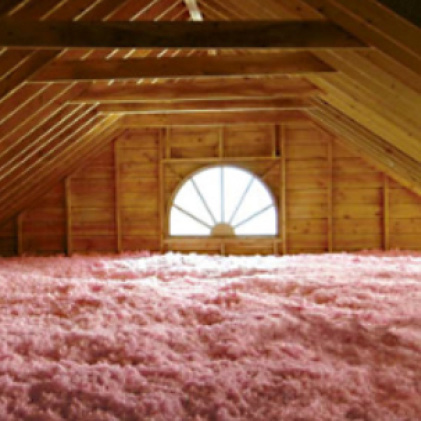Johns manville attic protector formaldehyde free premium blow in fiberglass insulation offers effective thermal and acoustical performance.
Attic insulation low voc non fiberglass.
The three most common types of blown in insulation are loose fill fiberglass cellulose and rock wool each with its own pros and cons.
Fiberglass insulation has been used for many years and is very common in arizona homes.
It can be used between wood framed walls and in the attic floor.
One bag of attic protector provides 62 square feet of r 30 coverage.
Insulation project calculator how to install naima r value certification product training videos colab learning video library for pros distributor locator why owens corning insulation propink vs.
Cellulose insulation is calculated based on the depth of the blown in insulation.
Installed with a portable blowing machine it s perfect for covering hard to reach areas within attics and provides a more efficient installation for homeowners or remodeling.
Top brands of wool insulation.
There are three types of blown in insulation.
It happened only with the loose fill fiberglass insulation they tested though.
Spray foam pink fiberglas vs.
Blown in insulation requires the least amount of work but requires special tools and equipment.
They re more effective for sealing cracks and filling drafts in your attic surfaces and wall voids.
Wool batt and blow in insulation less common and more expensive wool batting might be the next insulation type to consider if you want a non fiberglass option and you have ruled out mineral wool.
With advances in material sciences and understanding of how some elements affect our health many homeowners are looking for non fiberglass insulation types.
We put together a list of all the different types of insulation that doesn t contain fiberglass.
Instead of being rolled into blankets the materials spray onto areas of your home that need to be insulated.
To summarize researchers at oak ridge national lab found that loose fill fiberglass insulation in the early 1990s had a problem.
Non fiberglass spray insulation spray insulation is pretty self explanatory.
As the attic temperature dropped so did the r value.










